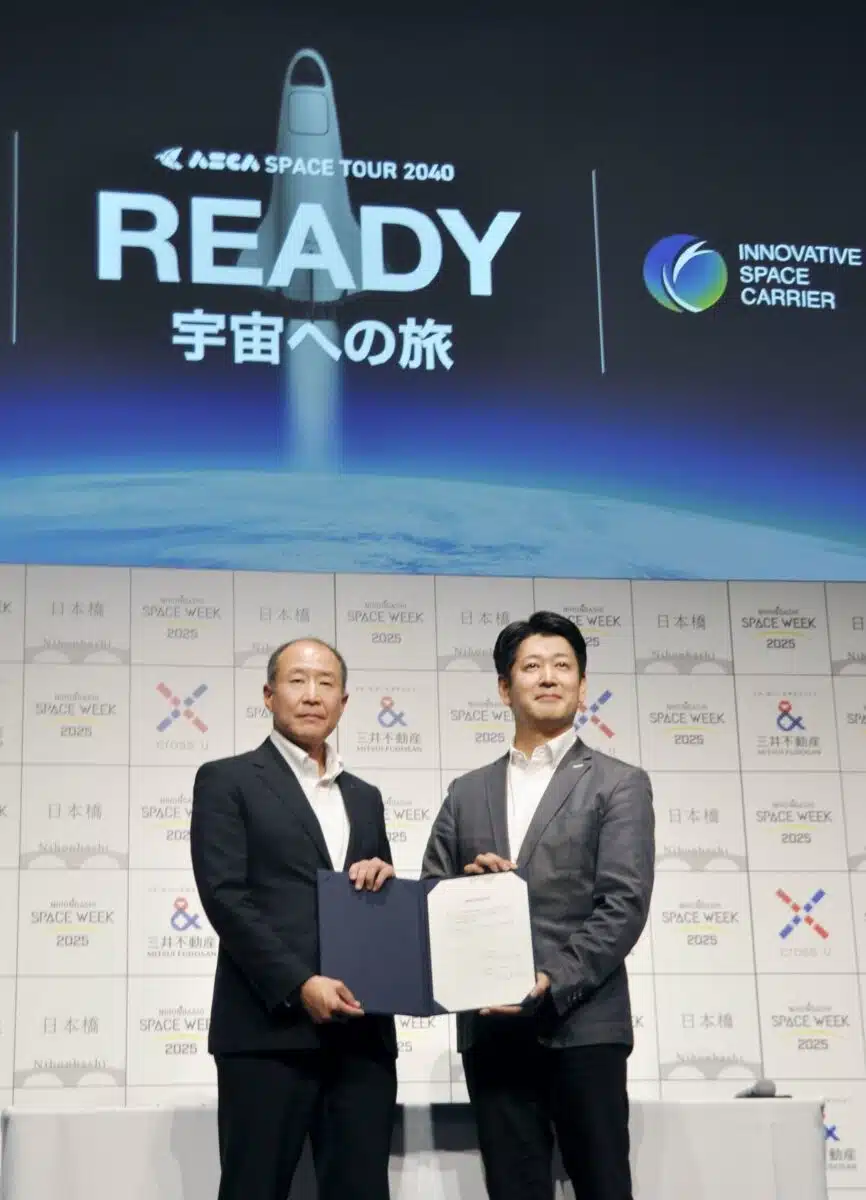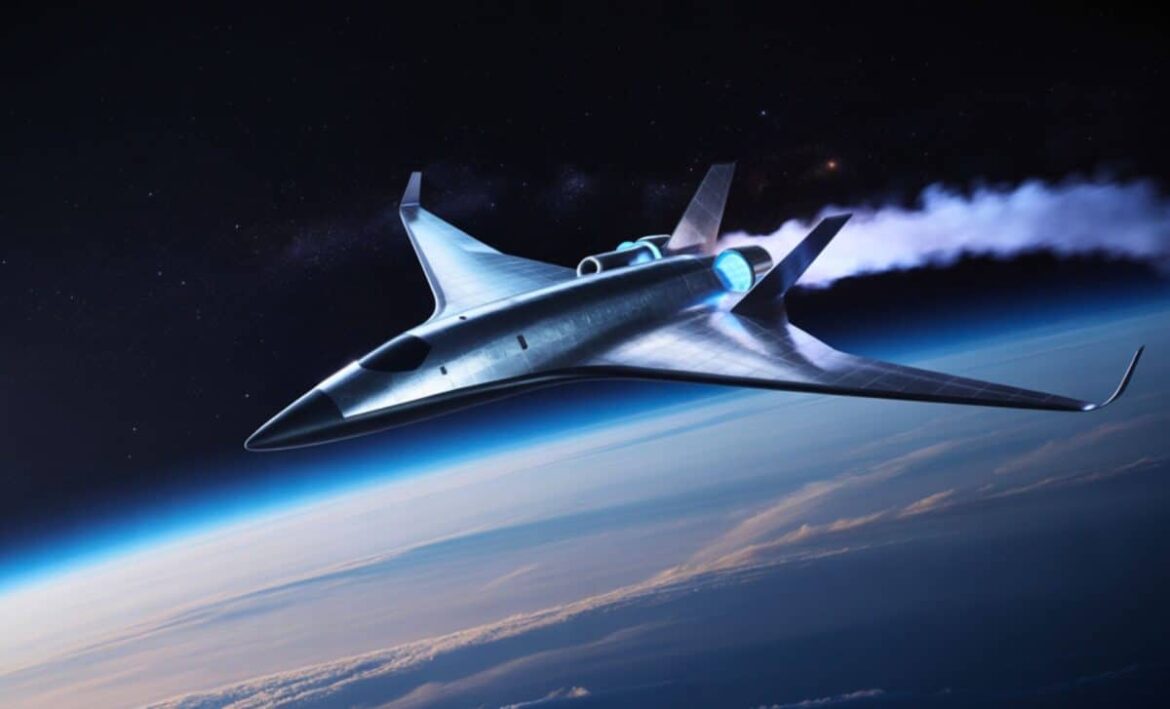A Japanese travel company is aiming to shrink the world—literally. By the 2030s, travelers may be able to fly from Tokyo to New York in just one hour via suborbital spaceflight, according to Nippon Travel Agency Co., which announced the plan at a Tokyo press conference last week.
The proposed service, developed in partnership with Innovative Space Carrier Inc., would rely on reusable rockets to lift passengers briefly into space before re-entering the atmosphere near their destination. Each round trip is expected to cost ¥100 million (~$657,000 USD), with advance applications opening in fiscal year 2026.
The companies say the vehicle will launch from offshore platforms and could, in theory, connect any two points on Earth within 60 minutes. While initial pricing targets ultra-high-net-worth travelers, both firms suggest that long-term scalability could help reduce costs over time.
A Leap Toward Orbital-Era Transit
The initiative places Japan at the forefront of efforts to commercialize point-to-point suborbital transport, a concept previously floated by companies like SpaceX and Blue Origin. In this case, Innovative Space Carrier Inc. will provide the reusable vehicle, while Nippon Travel Agency will design and market travel packages, according to reporting by Hypebeast.
Initial phases of the program will include space food tasting and tours of aerospace ground facilities, beginning in 2026. Full passenger flights are projected to begin in the 2030s, followed by a potential service offering stays in orbit by the 2040s, company officials confirmed.
“We hope this business will be a new starting point to connect space travel and tourism,” Nippon Travel Agency President Keigo Yoshida told reporters in Tokyo.
The vehicle’s flight profile would follow a suborbital arc, briefly exiting the atmosphere before descending near its destination. While similar to the flight path used by Blue Origin’s New Shepard, the service would target point-to-point global travel rather than short-duration experiences.
 Nippon Travel Agency Co. President Keigo Yoshida, left, and Kojiro Hatada, president of the Tokyo-based startup Innovative Space Carrier Inc., pose for photos in Tokyo. Credit: Kyodo
Nippon Travel Agency Co. President Keigo Yoshida, left, and Kojiro Hatada, president of the Tokyo-based startup Innovative Space Carrier Inc., pose for photos in Tokyo. Credit: Kyodo
Feasibility and Friction Points
Although the vision is bold, experts caution that several technical and regulatory barriers remain. Suborbital vehicles face intense thermal and mechanical stress during reentry, and human-rating such systems for repeated use—especially for civilian passengers—requires rigorous testing. A 2021 NASA-commissioned study by the MITRE Corporation highlighted critical risks related to passenger safety, G-force exposure, and launch site logistics in commercial suborbital operations.
The high ticket price remains another constraint. Even among existing commercial operators, costs are steep: Blue Origin has charged between $200,000 and $1.25 million for suborbital flights, and Virgin Galactic lists seats at $450,000. While reusability is expected to lower costs over time, no provider has yet demonstrated a scalable model for high-frequency, low-cost suborbital transport.
Still, Innovative Space Carrier CEO Kojiro Hatada emphasized that boosting the lifespan and flight cadence of each vehicle is central to their cost-reduction strategy. Increasing launch volume and operational reliability, he said, will be essential to making the service financially viable.
Japan’s Broader Space Ambitions
The suborbital transport project fits into Japan’s expanding space portfolio. The country is an official partner in NASA’s Artemis Program, which aims to return humans to the Moon later this decade, and the Japan Aerospace Exploration Agency (JAXA) is advancing its own crewed spaceflight initiatives.
Private sector activity is also accelerating. Tokyo-based ispace has led lunar lander efforts, and companies like Space One are developing small satellite launch services. Now, Nippon Travel Agency—a firm better known for domestic rail and hotel packages—is joining the push, suggesting a shift in how space is perceived across industries.


AloJapan.com